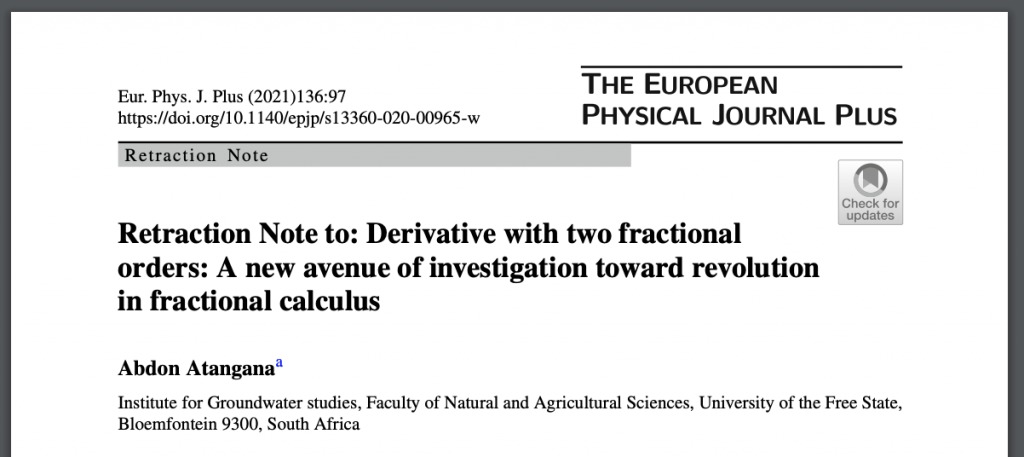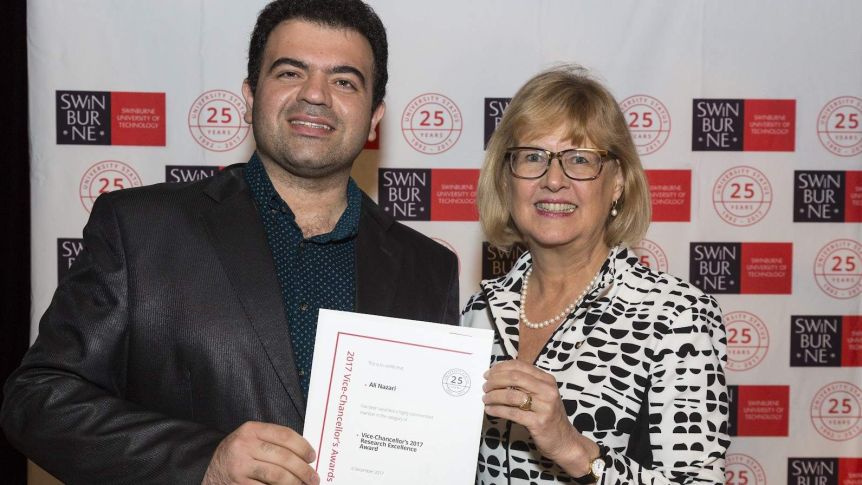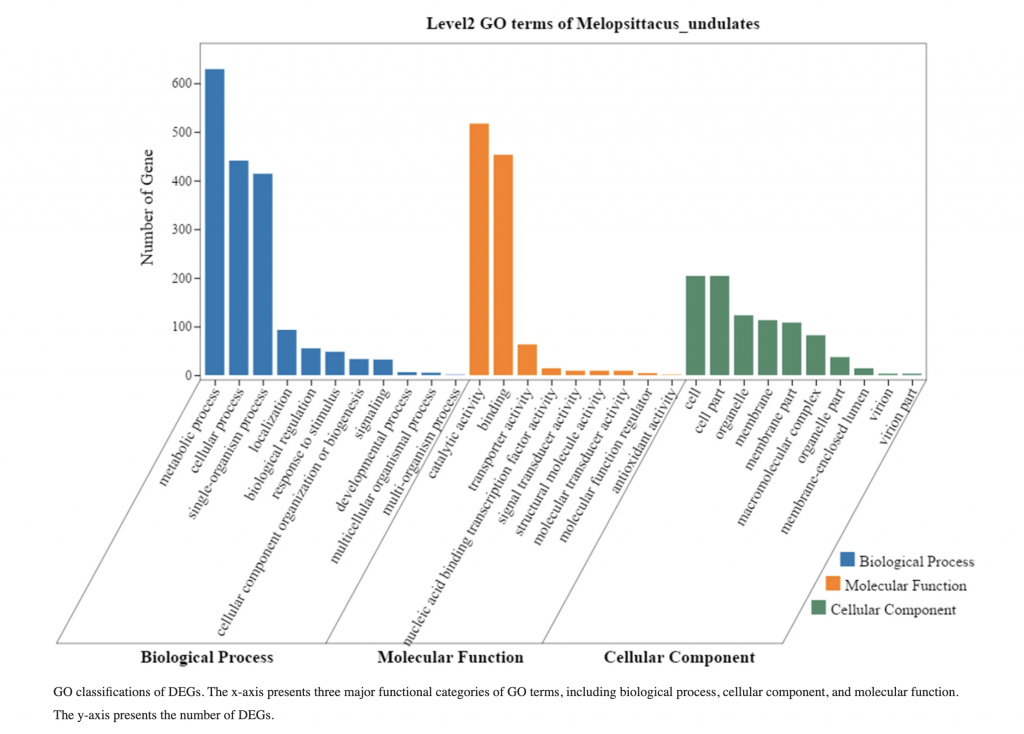
An engineering researcher is up to nine retractions for image issues, having lost eight papers in the last month.
Yashvir Singh, of India’s Graphic Era University — ironically enough, given the reasons for the retractions — is the first author on seven of the papers, and second author on the eighth, which appeared between 2016 and 2019. All eight articles were published in journals owned by Taylor & Francis, and have been cited more than 80 times in total, according to Clarivate Analytics’ Web of Science.
Issues with the 2017 paper “Effect of load on friction and wear characteristics of Jatropha oil bio-lubricants,” in Biofuels were flagged in a post on PubPeer last July.
Biofuels issued this notice on January 18:
Continue reading Engineering professor up to nine retractions for image problems






